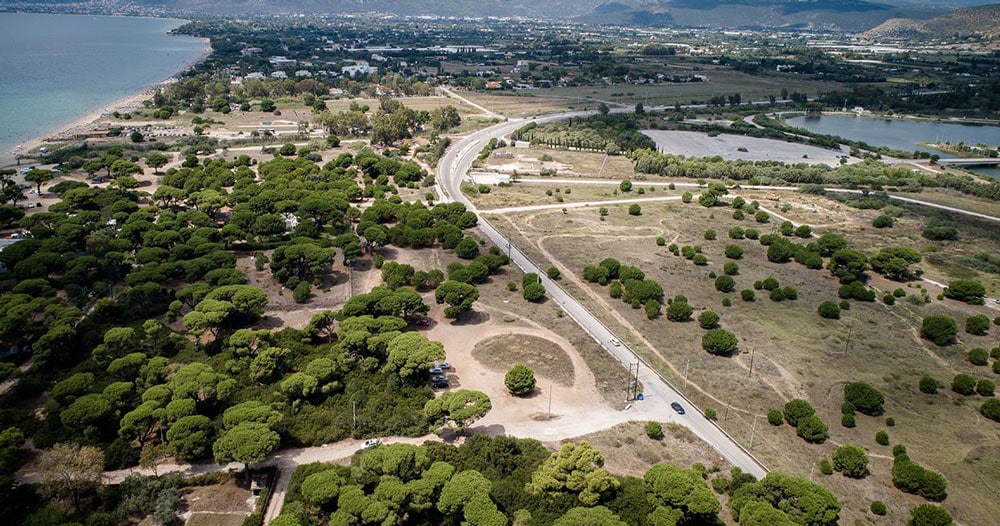After two decisions of the plenary session of the Council of State, the project enters the trajectory of final completion as the way is opened for the posting of forest maps, which is one of the most emblematic reforms in the history of the country.
According to the Ministry of Environment, the Supreme Administrative Court of the country, ruled that there are no issues of constitutionality regarding the dominant points of the process of mapping forest maps, as defined by law, including the following:
- Forest is an area that is covered with forest vegetation not only today, but also in the past, as long as no administrative act has been issued that changes its use, basically before the 1975 Constitution and for as long as the permitted use continues.
- Areas that are mainly used for agricultural plantations before the 1975 Constitution are decoupled from forest legislation as long as they continue to be cultivated.
- Areas where industrial facilities or tourist units have been established are excluded from the forest legislation, even after the Constitution of 1975. A basic condition is that their establishment has been allowed on the basis of administrative acts.
- Similarly applies to areas occupied by approved city plans or included within settlements.
The core points of the Council of State's decision
The mapping of forest areas on forest maps must be reliable and must not include areas on which it is not legally possible to apply forest legislation. The same applies to areas that are not allowed to be declared reforestable in order to acquire their lost vegetation, because this vegetation was removed for some legal reason.
According to the Court, the appearance of such areas as forests would cause confusion as to what the country's forest wealth is and would prevent the development of an effective public policy for the preservation of forests.
In addition, the appearance of these areas as forests would also undermine the development of agricultural activities, which historically contributed to the post-war recovery of the country.
The exclusion of land that has been assigned to other uses by administrative acts, equipped with the presumption of legality, also aims at legal certainty.















